2 min read
What is Google Search Generative Experience? (SGE)
What is Google SGE? Think of Google SGE as your helpful buddy on the search results page. Instead of making you click on different websites, it pulls...
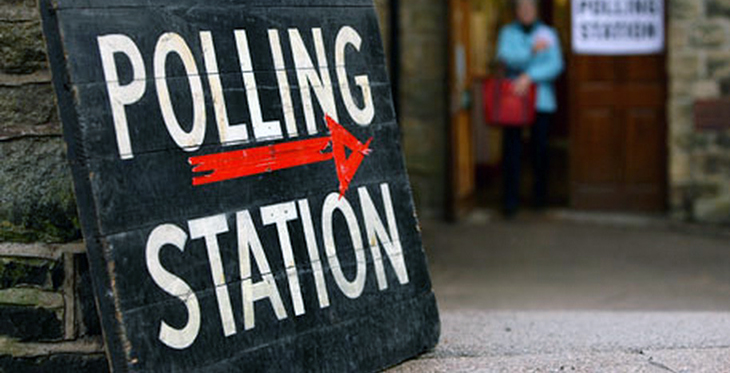
After five years of a coalition government, is Britain ready for a change?
Next Thursday, the public will have their say and vote for the political party (or parties) they want to run the country.
Whether you’re reading a newspaper or watching the television, this election has been hard to avoid. However, there is one emerging platform that offers huge promotional potential for all of the main parties: social media.
We’ve looked at two of the world’s most popular social channels, Facebook and Twitter, to give you an insight into the online activities of the country’s leading political parties.
Keep reading to find out who came out on top.

With an estimated 32.2 million users in the United Kingdom alone, a strong Facebook presence can quickly influence a large percentage of the electorate.
UKIP didn’t have a Facebook page in 2010, but now they have the second highest Facebook following behind the Conservatives.
They also have the highest overall and per post engagement rates of any party over the last month.
A favourite strategy of political parties during election time is to belittle their opponents’ policies with verbal slurs and childish playground banter.
After five years in power, the Conservatives have predictably become the main target of such tactics and Labour haven’t disappointed.
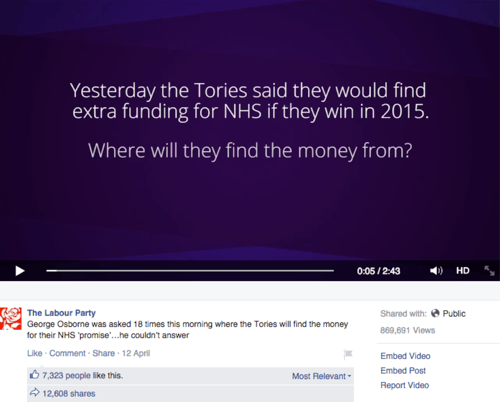
Labour’s most popular Facebook post in the last month (pictured above) came in the form of a video which received an engagement rate of 81.8%. This helps to prove the effectiveness of their social strategy and its popularity with their own supporters.
In contrast to Labour’s aggression, smaller parties including UKIP and the Liberal Democrats, prefer to keep the focus on themselves. And, with a majority government looking unlikely (see chart below), this probably isn’t a bad strategy to adopt.

Source: BBC
The Liberal Democrats have acted on this and last week received an engagement rate of 15.1% for the following photo:
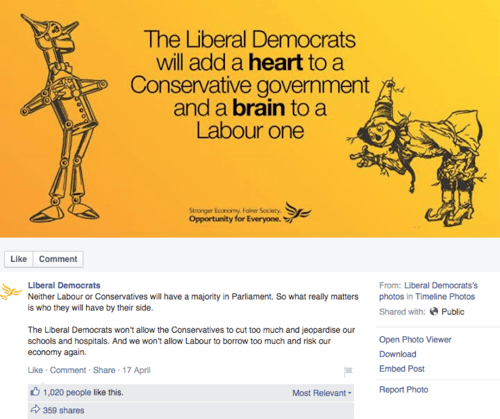
Granted, they are still suggesting that the leading parties are without a heart or a brain, but the emphasis of the post was still on themselves and their own qualities.
The Conservatives have been forced to take a more defensive stance against such tactics by reminding the public of their successes over the last five years.
Using impressive statistics and relatable imagery, the party is obviously hoping that their ‘#SecureTheRecovery’ campaign will engage their existing followers and resonate with new audiences.
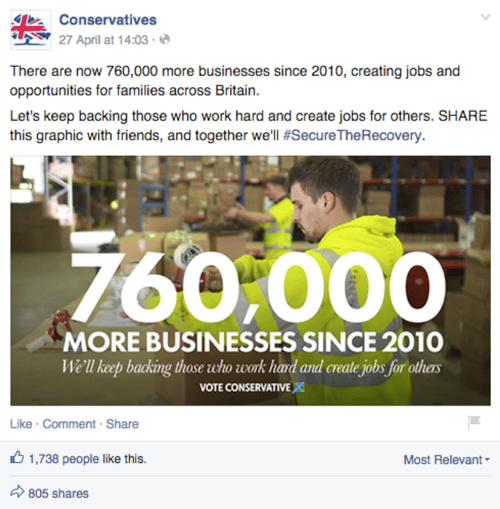
A party’s manifesto can be as long as 30,000 words. A more digestible version would benefit people looking to quickly identify key policies and takeaways. Facebook provides the perfect platform to achieve this.
While Conservatives battle with Labour and the Liberal Democrats plead for approval, it’s actually UKIP who manage their manifesto best.
In the last month alone, UKIP’s Facebook posts have accumulated half a million more likes, comments and shares than any other party.
When the country celebrated St. George’s Day last week, the leader of UKIP, Nigel Farage, took to Facebook to celebrate, reminding the public of one of their main policies.
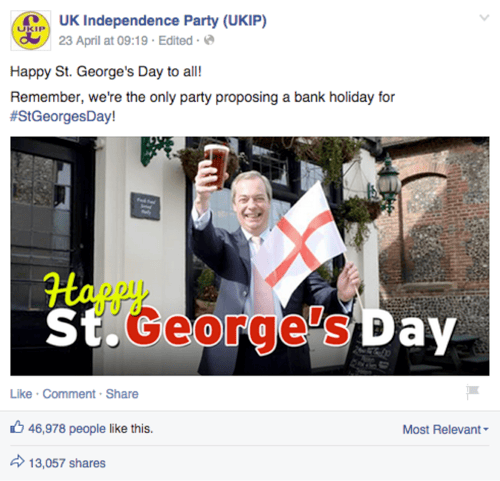
This post has received a huge 46,978 likes as well as over 13,000 shares. UKIP are making huge strides on social media and this might be why…

On Twitter, it’s Labour who top the follower charts with double the audience of both the Lib Dems and UKIP.
However, the smaller UKIP page does enjoy a much higher engagement rate per tweet, suggesting a more active and influential user base.
The Liberal Democrats have the least efficient Twitter page, receiving the lowest engagement rate despite posting more daily tweets than the other three parties combined. Are they spreading their message too thinly?
Different channel, same story. Labour and the Conservatives are just as obsessed with each other on Twitter as they are on Facebook.
Despite having essentially swapped positions since the last election, Labour’s approach to Twitter hasn’t changed too much.
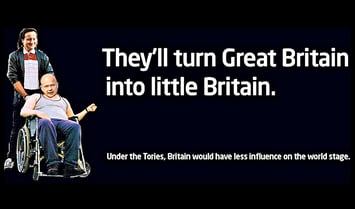
2010
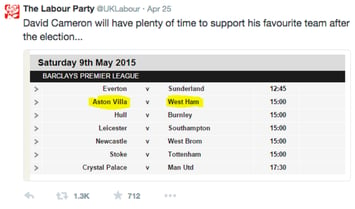
2015
Labour have returned to their favourite strategy of mocking their opponents in a way that’s more aggressive than what we’ve seen elsewhere.
Subtle irony is replaced with mickey taking, appealing to their audience’s mutual desire to make other parties look bad.
When speaking to your audience, you must always think about what they are interested in and what content they will find relevant and engaging.
We have already showed how UKIP use Facebook well when speaking to their followers, but whose messages go furthest on Twitter?
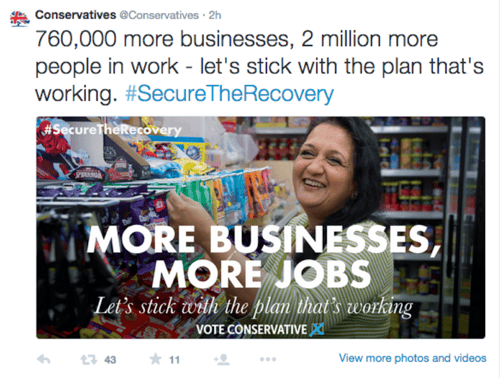
The Conservatives’ Twitter output is very similar to what they post on Facebook, helping to reinforce their message across different social channels.
The ‘#SecureTheRecovery’ hashtag returns as do their reassurances that the country is heading in the right direction. The request to ‘stick with the plan that’s working’ is prominent in many of their posts.

UKIP’s persistent use of calls-to-action and pronouns help to create a sense of togetherness with their audience.
They appear to understand social media better than the other parties and this is reflected in their high rate of engagement per post – 22.6%.
Considering that UKIP didn’t break onto the Twitter scene until 2011, their huge growth over the past three years is impressive.
Liberal Democrats tweet 74 times per day on average, yet their engagement rate is the lowest of the main parties at 0.17%.
Like UKIP, they don’t actually attack other parties (as much) as the leading two. However unlike UKIP, they don’t promote their own policies half as much as they could or address the audience in a way that is engaging like Labour.
The Liberal Democrats’ most popular tweet isn’t about the election, but is in fact a quote from Nick Clegg about a television programme that he appeared on.
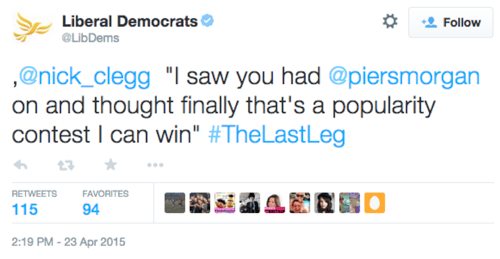
This tweet received just 209 engagements, yet is their most popular post. Compare this to UKIP – who are a much smaller party – and it’s easy to see that the Liberal Democrats should be performing better.
Despite the real election not taking place till next Thursday, the social media battle of the parties is nearing an end.
We’ve seen evidence of timeless political tactics being executed by all main parties, but in new ways that encourage conversation and debate among supporters and opponents.
We believe that UKIP handle their accounts most effectively and the statistics support this. How much will it have an impact next Thursday? We’ll have to just wait and see.
Who do you think is the most effective party online? Has social media influenced who you’ll be voting for?
Cast your vote below:
We asked local parliamentary candidates about their own Social Media election campaigns. See what they said here.
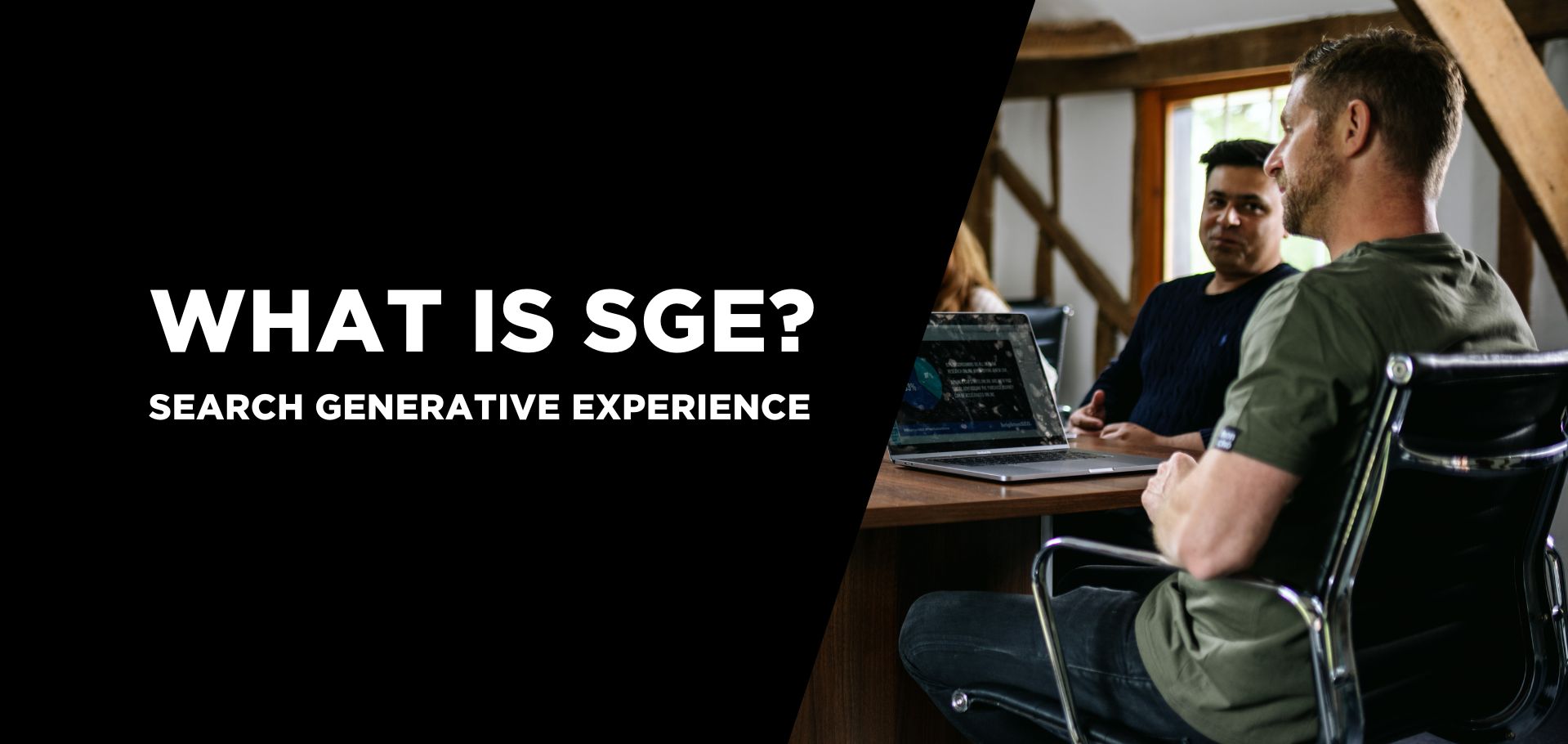
2 min read
What is Google SGE? Think of Google SGE as your helpful buddy on the search results page. Instead of making you click on different websites, it pulls...
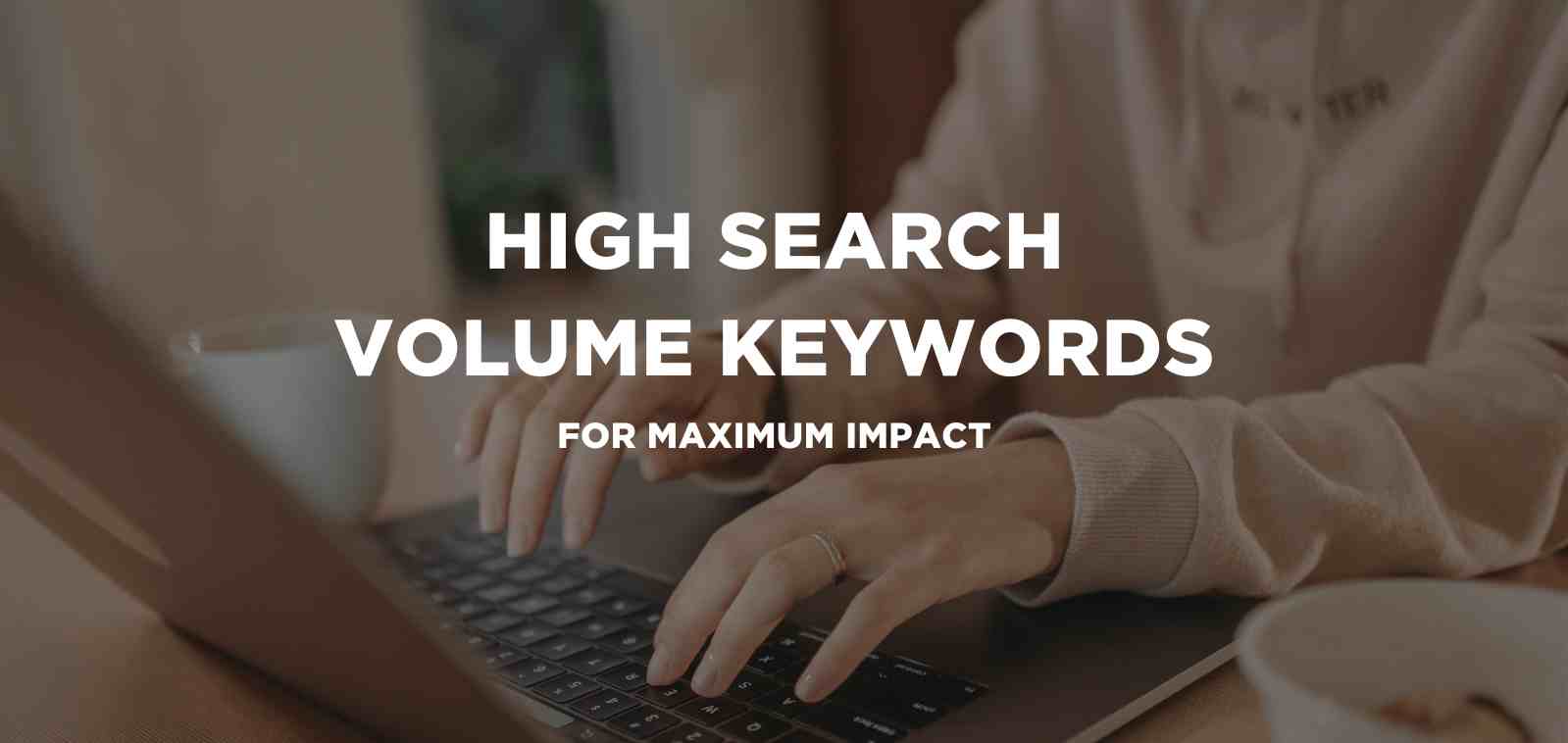
5 min read
Discover the power of high search volume keywords and how to effectively use them to boost your online presence and drive maximum impact.

2 min read
We're delighted to officially announce our partnership with Eflorist, one of the world’s leading flower delivery brands with over 54,000 local flower...
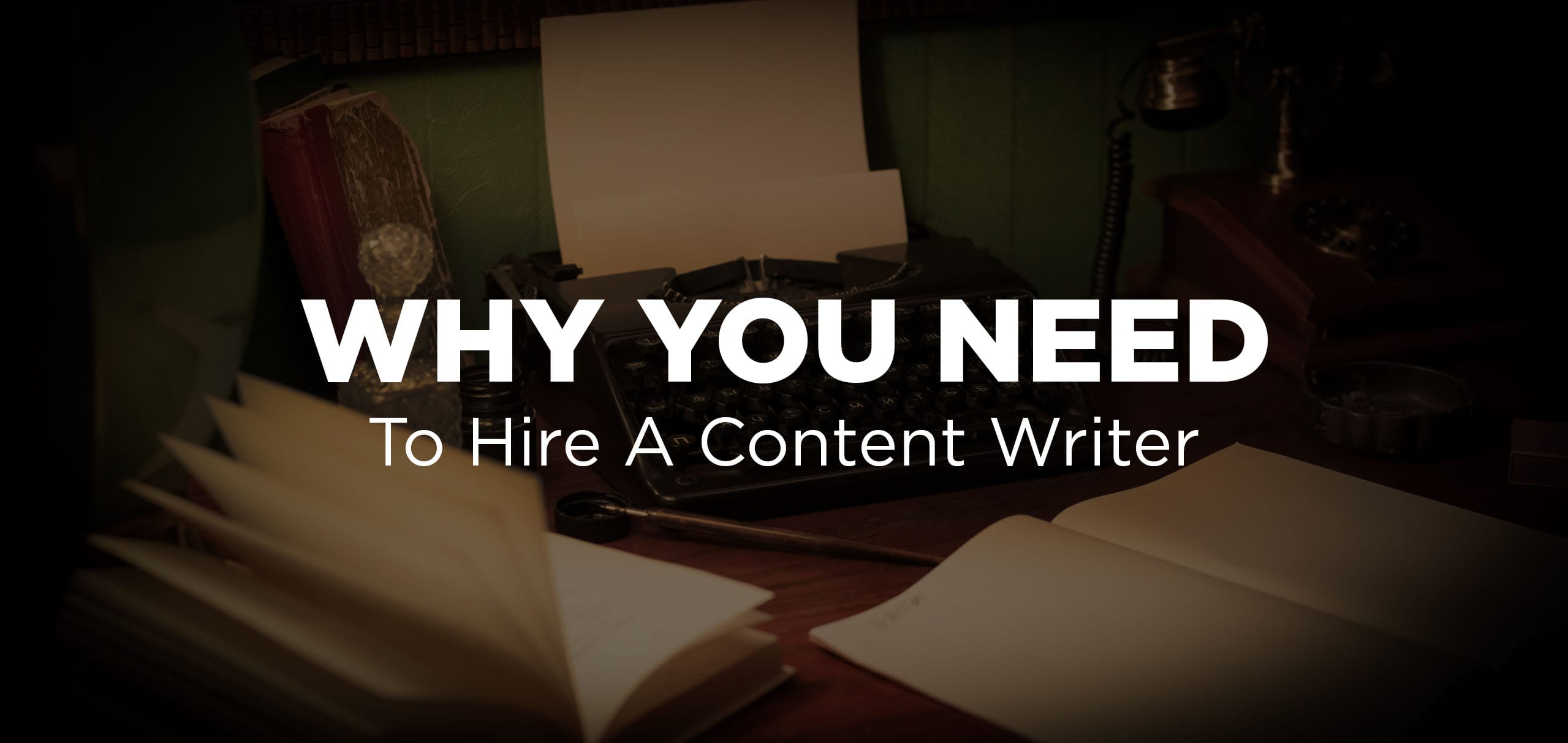
Earlier this year, partly driven by selfish reasons – well, completely driven, as I was hunting hard for a new job – I put out a thinly-disguised...
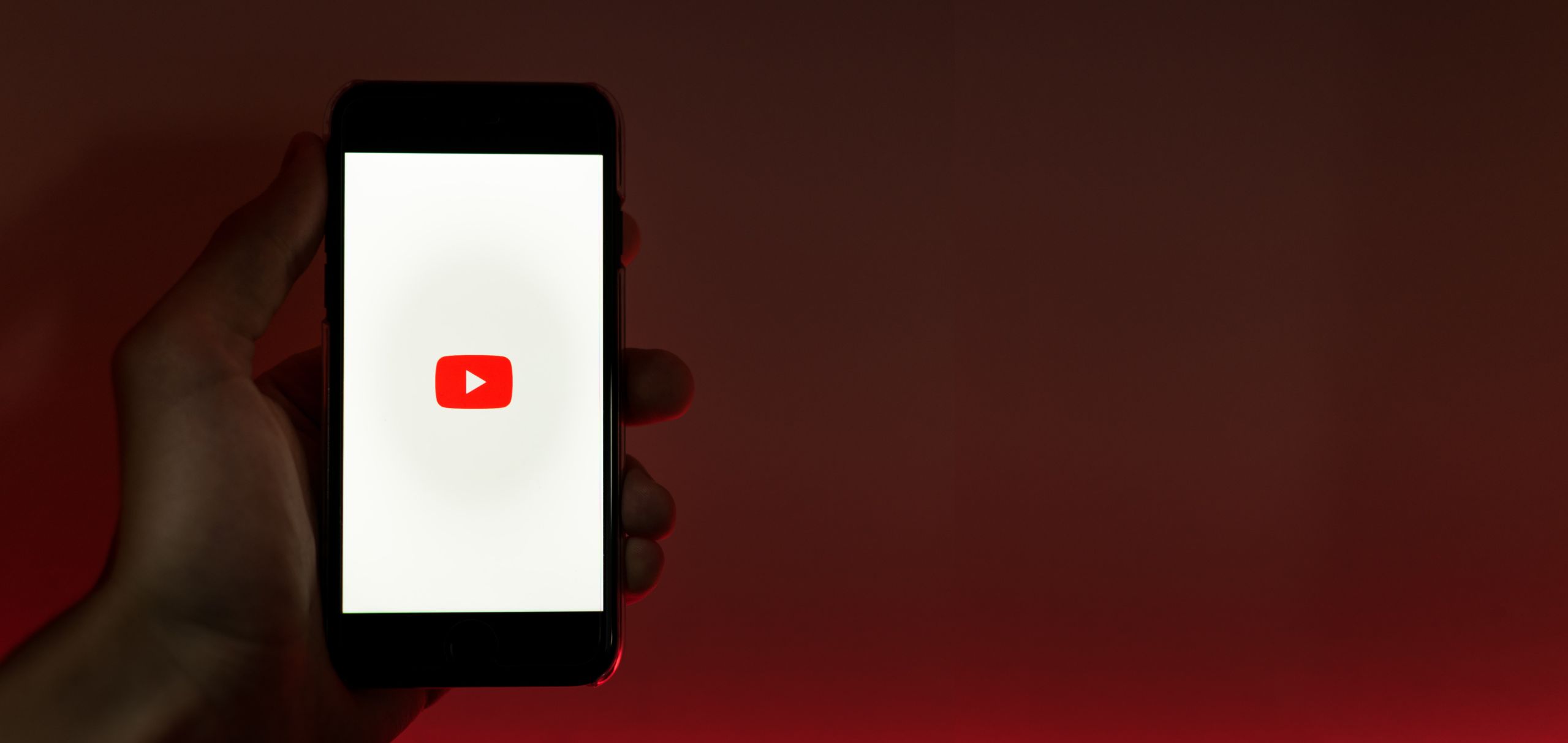
Ready, set, shop on YouTube!
Letchworth-based international floor and wall company Altro has chosen iThinkMedia to take its SEO to the next level. In a bid to make them visible...